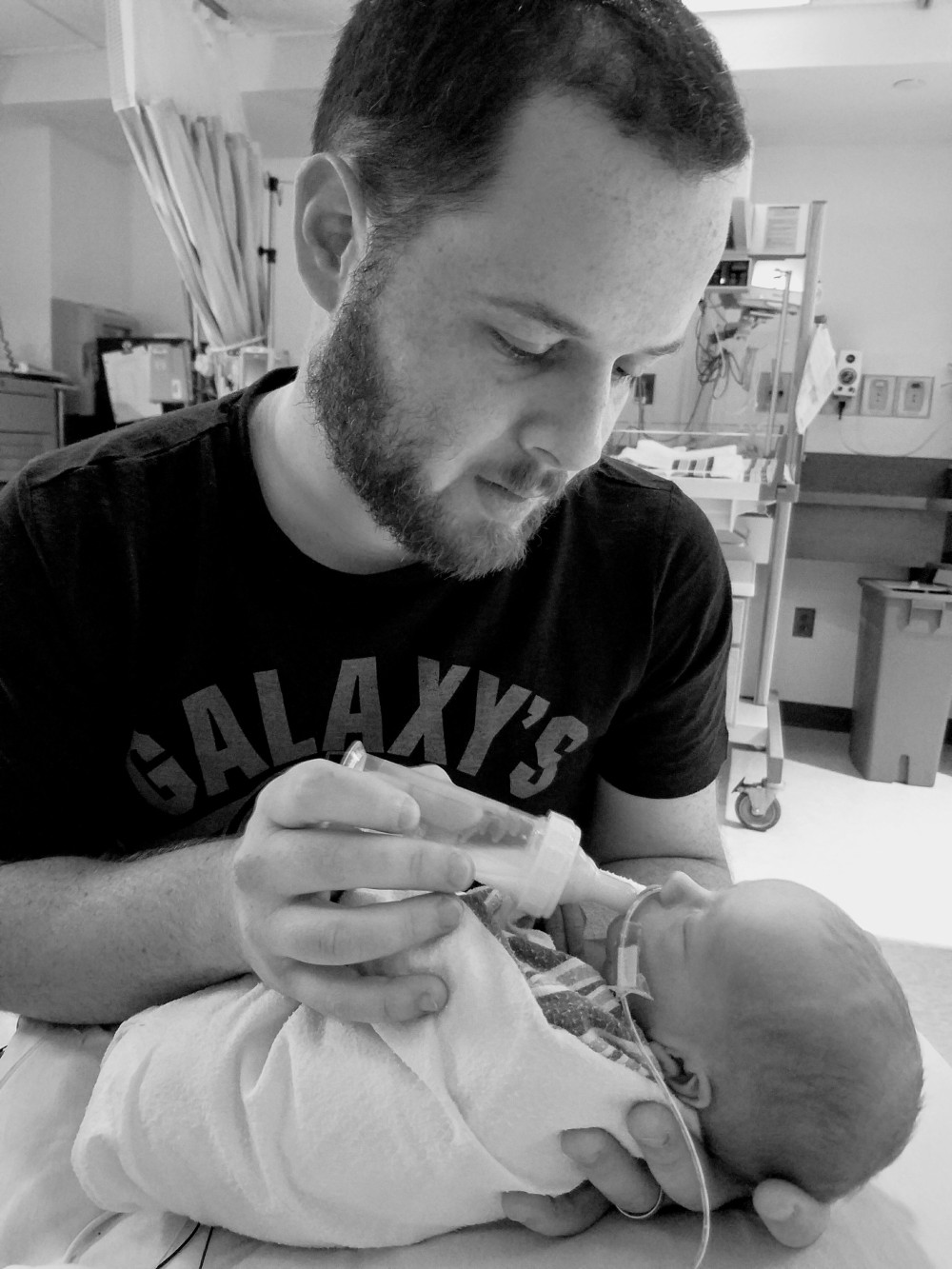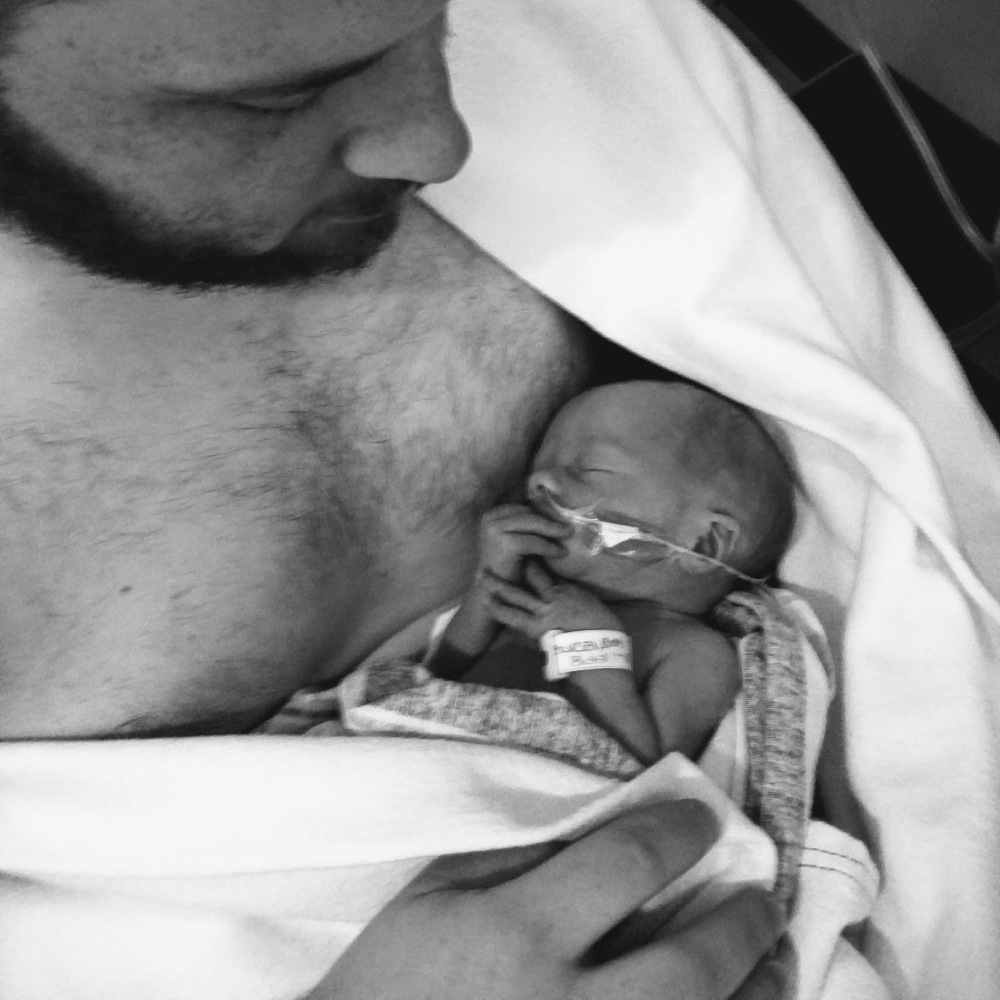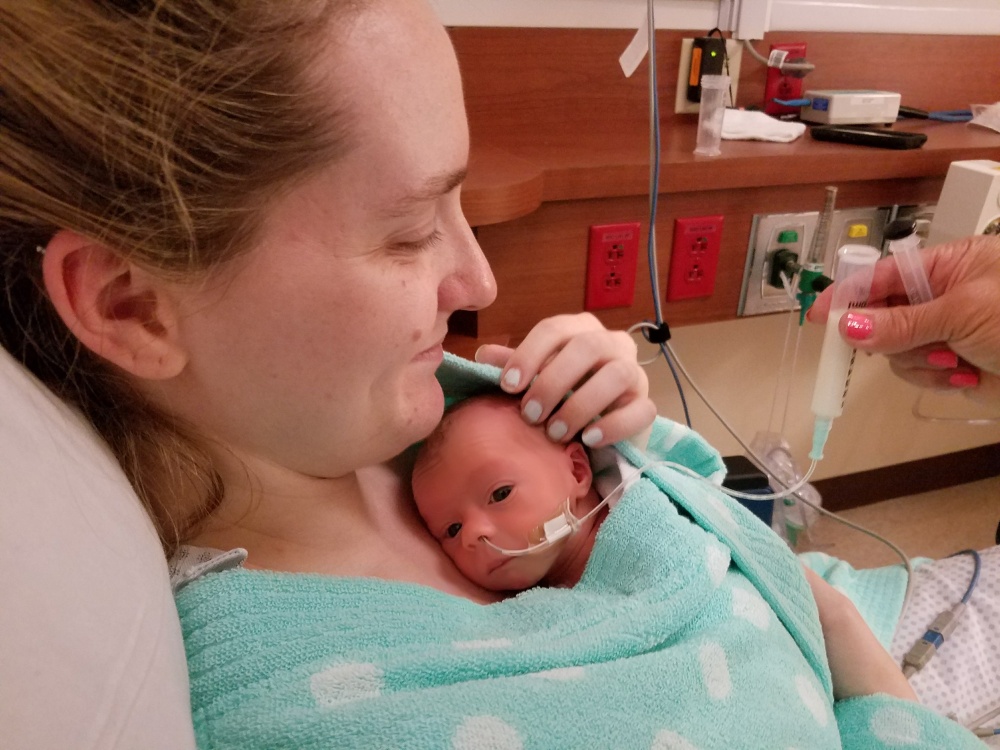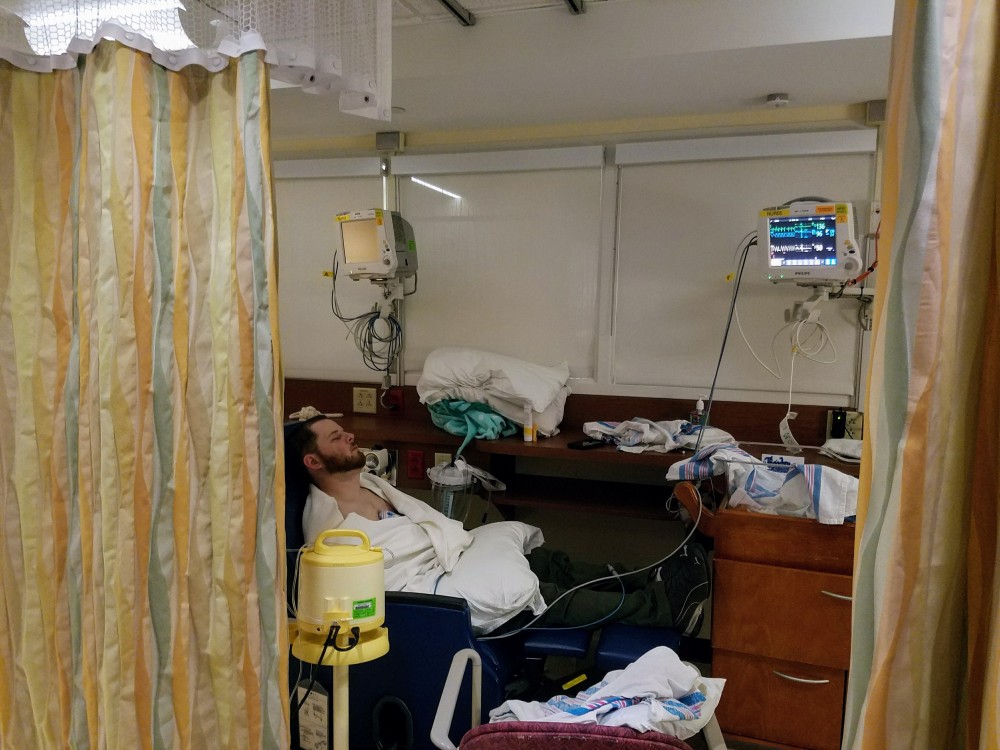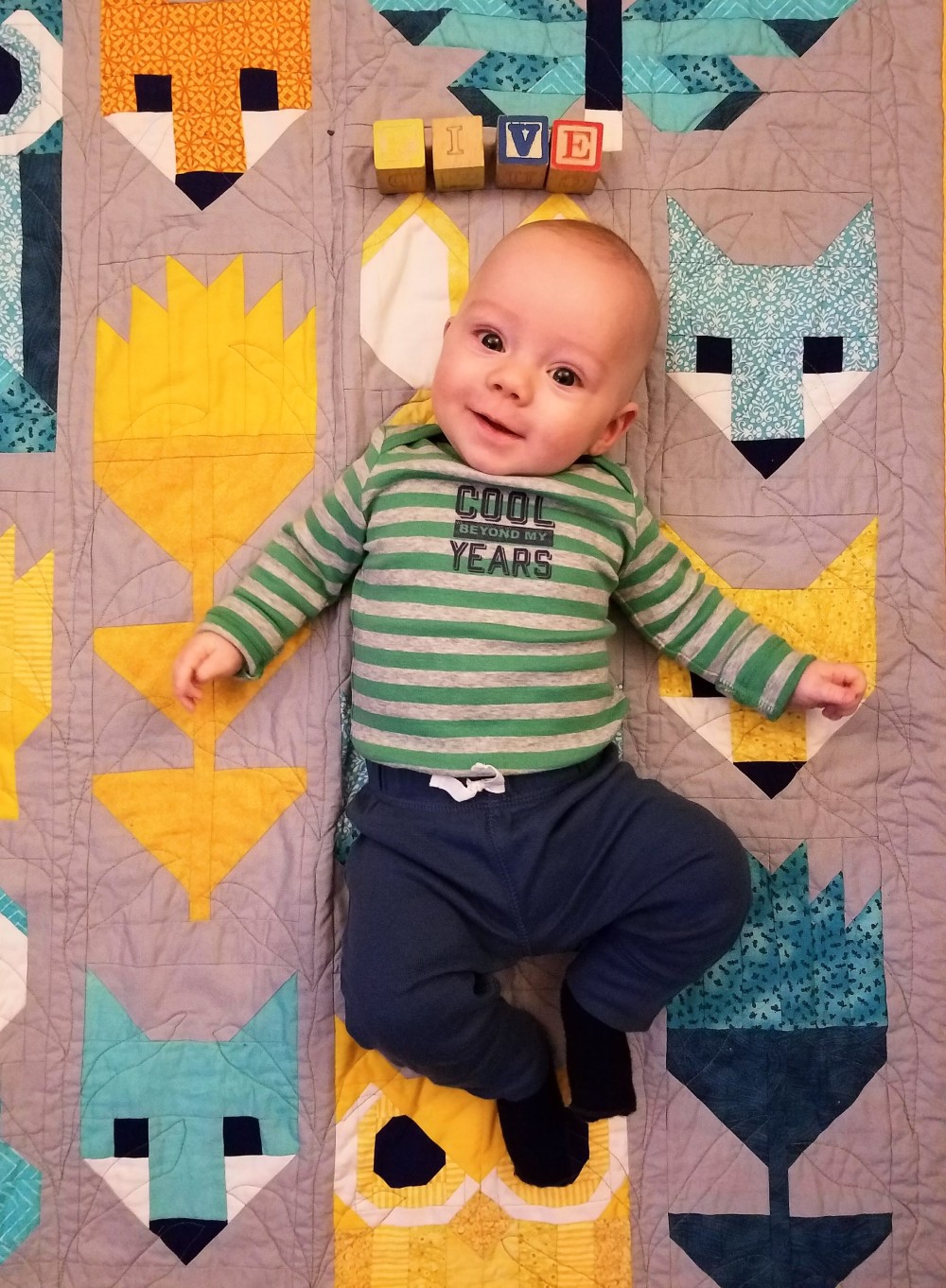If I had to sum up 2017 in two words, the words that instantly come to mind are “Stewardship” and “Blessings.”
When I look back on this year, I cannot stop thinking, “There is simply no reason in all the world that I deserve what I have received.” Grace and mercy do not even begin to describe what the Lord has given us.
This time last year, Massimo and I stood together, arms over each other’s shoulders, looking ahead to the great grey abyss. We saw everything and nothing. We imagined what may lie beyond the fog, and feared for it and longed for it: the great mystery of the unknown. And we held each close and looked each other in the eye and said, “Let’s go.” We cannot do anything on our own, great or hard. We nodded to the Father and said, “Okay. What is there?”
“Now to him who is able to do immeasurably more than all we ask or imagine, according to his power that is at work within us, to him be glory in the church and in Christ Jesus throughout all generations, for ever and ever! Amen.” Eph. 3:20-21
2016 was a year of preparation. We grew and learned and planned for what would come next. It was not a wasted year by any means, but a year of little change and uncertainty in our own lives, while we saved and dreamed of 2017.
When 2017 started with a positive pregnancy test, we knew it would be a different sort of year. Blissfully overjoyed, we attempted to ignore the ever-mounting list of things over which we had no control, but needed figured out.
Would this baby be healthy?
How are we going to pay for health care?
How will we care for this baby?
Will I work? Will Massimo? How much time can we take for maternity and paternity leave?
What car will we drive?
Where will we live?
When will Massimo start his guitar business?
How on earth will we afford all of this?
After all the questions, came blessing after blessing. Maternity leave was determined with my ever-gracious boss. Health care was covered for the baby and I. I was perfectly healthy throughout the pregnancy, and for 75% of the time time, the baby was, too. A car was found and purchased. Our landlord allowed us to have a month-to-month lease as we searched for a house. And, last month, we shockingly moved into our very first home. (It is really, truly our’s and we can’t believe it.)
We even got cherries on top of it all. In May we learned my dear cousin and best friend was expecting her first child. Another dear friend from church welcomed her fourth child the same month, and my brother and sister in law not only had their first child, but came up to the United States for six months to let us enjoy their presence!
Despite all our many, many blessings, there were still ever-present uncertainties. Months where we didn’t know where the money would come from. Shocking news when we learned our unborn baby was not growing well and we would have to keep an extra-close eye on him. Having to pay out of our savings for an unexpected tax bill. Searching and wishing for the perfect house, but facing fruitless searches time after time.
Which is why the other word for 2017 is stewardship. Not a very popular topic, I know. It is not one we throw around often. “I hope you have a very healthy new year, and can be good stewards of your blessings!” No exactly.
But it was a theme we continued to return to time after time. When things got tight – time, money, emotions – we pledged that we would be ever-diligent in our stewardship over these resources. When resources are abundant, we are cursed with not considering that they are truly in limited supply. It is a gift to be required to consider the value of what we are using. We knew our needs, and we continuously asked God to direct our resources to meet our needs.
The good thing is, when there is little and his has to stretch far, you are forced to ask God where to put it and to make a feast out of a few loaves of bread and fish. Somehow, miraculously, truly, Massimo worked full-time all year. We went on a trip to Vermont to celebrate four amazing years of marriage. We spent days and weekends with our families and friends around camp fires, swimming pools, feasts, and birthday cakes. Massimo finished his second guitar. We bought a house and still have an emergency savings account. Despite the failure in our health insurance system leading to Massimo not having health insurance all year, his body was protected and he did not need it. We had full bellies and bursting closets and our tanks are on FULL.
I will end my reflection on this year with a small illustration of the themes of this year. Early in my pregnancy, before I even went to the doctor, the Lord revealed to me to be a good steward and celebrate the blessing of the small person presumably growing inside me. Early in a pregnancy, one is all-to aware of the high risk of miscarriage, and fears the worst. Most women even delay telling anyone about her pregnancy because there is such a high risk that it will end tragically.
While wrestling these fears, God revealed to me that there was no use in worrying, and that by pinning my hopes on passing a certain week of gestation without bad news, I would only be disappointed. He told me that even if my baby did not survive, I should celebrate its life now, while he or she is alive. That may be, after all, all I have with this unborn child. This lesson – to celebrate blessings in the moment and cast cares to another day – became even more valuable when, months later, we learned we had a high risk of losing our unborn child, despite being well past the first trimester “danger zone.”
Thanks to God working on my heart and gracefully teaching me a lesson I would need ever more months later, I was able to look over my pregnancy as a steward- a mother to this unborn baby despite the lack of control and uncertainty. Being a steward means caring for what you have for the benefit of someone else – in my case, our Heavenly Father. It doesn’t mean you have complete control over it; all it means is that you have to do the best with what you have, and leave it up to God to honor your obedience. Not does it mean everything will work out sunshine and roses. Obedience is, after all, a reward in and of itself.
–D.E. Barbi Bee
